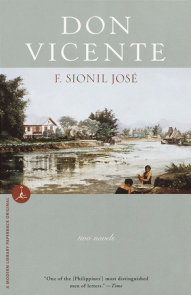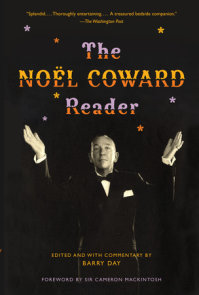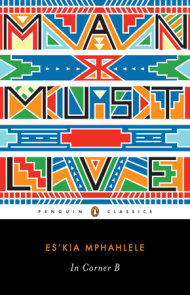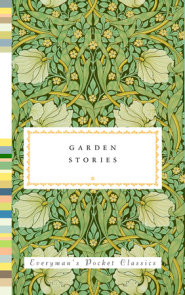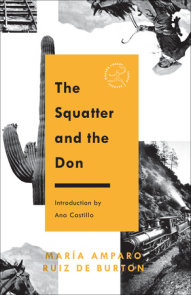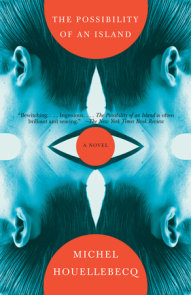READERS GUIDE
Questions and Topics for Discussion
1. As William Wells Brown himself notes, Clotel is a text that freely borrows from and conjoins other texts, including Lydia Marie Child’s "The Quadroon" (1842) and Brown’s own writings. As he writes in his "Conclusion," "To Ms. Child I am indebted for part of a short story. Abolitionist journals are another source from whence some of the characters appearing in my narrative are taken. All these combined have made up my story." What do you think of Brown’s technique of assembling and reassembling, of appropriation, recombination, and recontextualization?
2. Clotel is the first novel written by an African American. What legacy or influence do you think it has had on subsequent work? Can you think of more recent novels that you can compare in some way to Clotel?
3. The story that Thomas Jefferson’s illegitimate mulatto daughter had been sold into slavery was current during Brown’s life. Why do you think he made use of this story as the central motif of Clotel? How does Jefferson’s own intellectual biography-he was the primary author of the Declaration of Independence, among other things-play into the novel?
4. Brown’s own narrative, which forms the first part of Clotel, works, in the words of Robert Stepto, as "a rhetorical device, authenticating [Brown’s] access to the incidents, characters, scenes, and tales, which collectively make up Clotel." What is your response to this narrative strategy? How do you think it affects the subsequent narrative?
5. How does the knowledge that Brown, an escaped slave, the first black novelist and playwright in America, and a prominent and important man of letters and abolitionist, inform your reading of Clotel? Would your reaction to it be different had it been written by, say, a white abolitionist?
6. Arna Bontemps quotes Saunders Redding as characterizing Brown as someone who reflected "the temper and the opinion of the Negro in those years . . . the most representative Negro of the age." Judging from Clotel and any other writings of the period you are familiar with, discuss in what ways Brown seems to be "representative."










